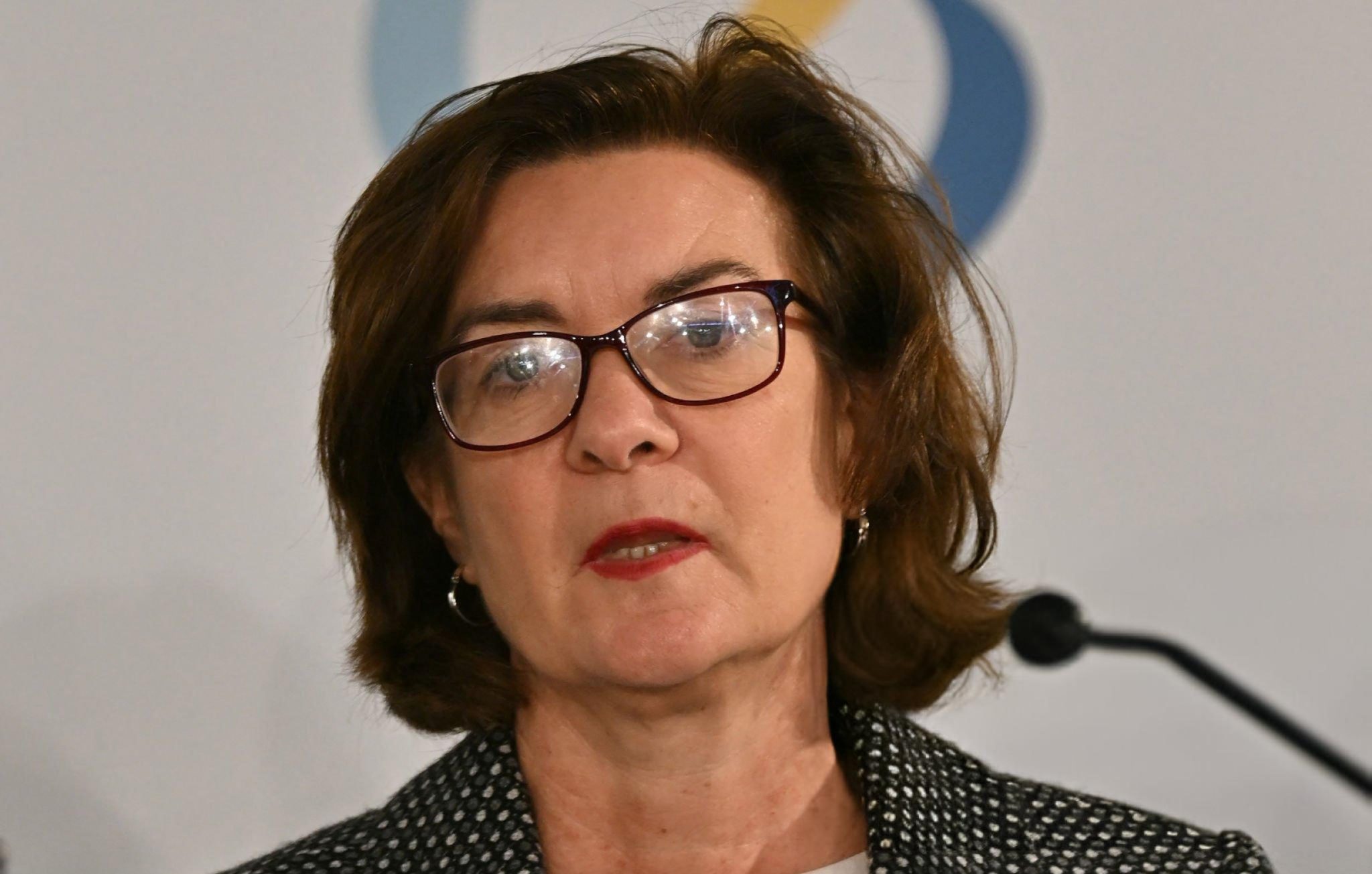Baroness Eluned Morgan is set to deliver a stark and impassioned message to both her party and the UK Government, vowing that she “will not stay silent” when decisions from Westminster threaten the interests of Welsh communities. The speech, marking one year to go until the 2026 Senedd election, comes amid increasing pressure on Labour after poor local election results in England and a growing challenge from Nigel Farage’s Reform UK.
As Labour’s leader in Wales and First Minister, Baroness Morgan is expected to underline her readiness to “challenge from within”, even when that means confronting decisions taken by the Labour leadership in Westminster. The warning follows a turbulent week for Sir Keir Starmer, whose party suffered significant losses to Reform UK in England, including the only council Labour was defending and a crucial parliamentary by-election.
Speaking from Cardiff on Tuesday, Baroness Morgan will say: “Where we disagree we’ll say it, where we see unfairness we’ll stand up to it. And when Westminster makes decisions that we think will harm Welsh communities, we will not stay silent.”
She is also expected to reflect on her leadership since taking over last summer, adding: “I knew the weight of responsibility when I took on this role – and I knew that change was not only coming, it was needed.”
Labour is currently polling at 27% for the Senedd elections, according to April data from Survation. This places the party only marginally ahead of Reform UK and Plaid Cymru, both polling at 24%, and represents a significant drop from the 39.9% Labour secured in the 2021 election. Reform’s rise is particularly stark, given that they claimed only 1.6% of the vote in 2021.
Baroness Morgan will stress the risks of a split left-wing vote, warning that “the future of Wales is at stake.” In a pointed reference to political tone and leadership, she will say: “Our politics isn’t about putting people down, it’s about quiet determination. It’s about care, compassion, graft. It is about solidarity not spite.”
Her comments come as tensions continue within Labour ranks over recent policy decisions by the UK Government, particularly surrounding changes to the winter fuel allowance and welfare reform. Although Downing Street has denied any backtracking on the winter fuel plans, senior Labour figures have privately expressed concern about their potential electoral impact, especially among older and working-class voters.
Baroness Morgan has already made clear her commitment to defending Welsh interests, having recently pressed the UK Government for Wales to receive a “significant share” of the clean steel funding announced after intervention at Scunthorpe. She told Senedd members, “We do not want to see this funding going on supporting the Scunthorpe plant at the expense of the situation in Welsh steel.”
This will be her first election as Welsh Labour leader, and she is seeking to establish a clear identity distinct from Westminster. The speech is expected to serve both as a rallying cry to Labour supporters and a signal to voters that Wales under her leadership will not simply follow the party line from London.
Meanwhile, Nigel Farage has made no secret of his ambitions for next year’s devolved elections. “Next year we will go for the Welsh and Scottish parliamentary elections, and I believe we can and we will win that next general election,” he told supporters after Reform secured over 600 council seats in England and took control of 10 local authorities.
As Labour grapples with shifting political tides, Baroness Morgan’s stance may prove pivotal in determining whether the party can maintain its longstanding dominance in Wales — or whether 2026 will mark a turning point in the nation’s political landscape.






